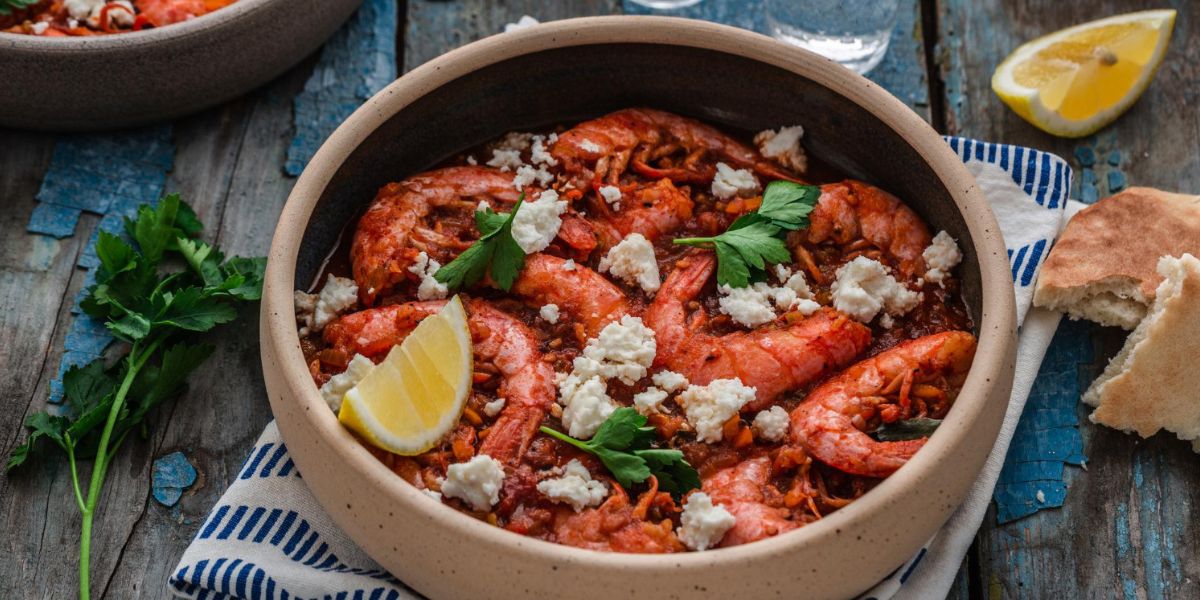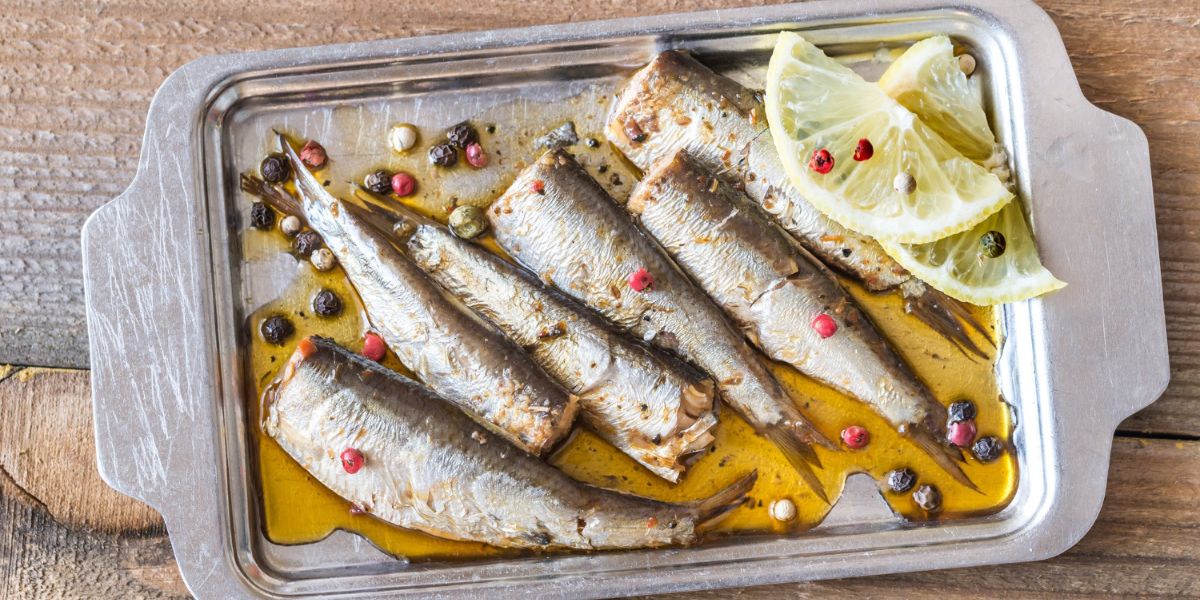Greek meze dining is a small plates meal shared in the middle of the table with family and friends. But it means to us so much more than that, as meze incorporates our Mediterranean way of living and desire for “get-togetherness”. Guests on our food tours often ask us: “Why Greeks are out for dinner till late at night on a regular weekday, don’t they have to go to work tomorrow? Or “How come Greeks, even in hard times, still go out and enjoy themselves, instead of staying home and saving money?
Let us explain: Greeks are somehow possessed by an invincible force to go out and gather around the table with friends and family. For us, it’s like going to therapy. We talk and laugh for hours over food and drinks, share our worries, encourage one another and then we go back home, feeling relieved, like all our problems vanished.
Meze food is interwoven with the Greek word “parea” which means “a group of friends who gather together purely to enjoy each other’s company and celebrate the simple things in life by eating, drinking and having fun. Our own favourite Greek word is “meraklis” – a person who enjoys good Greek food and drinks so much, that a dinner with friends takes the form of a ritual, like a private Holy Communion.

In the Greek drinking culture, alcohol is always accompanied by food. We do not drink to get drunk and intoxication is frowned upon. Drinking Greek wines and spirits has a certain role: to lift your spirits and help you open up, talk freely and truthfully. No wonder why ancient Greeks did not allow non-drinkers attend their symposia, their convivial discussions that involved a lot of Greek wine and entertainment.
In the countryside, life is slower and more spontaneous. On the way home from work, you might bump into friends who already sit down for meze food and drinks. As naturally hospitable Greeks, they will tell you: ”Sit down for a meze, just for a while…”. Don’t be fooled, it’s never “just for a while”. Before you know it, you will end up spending the whole night eating and drinking, having the time of your life! Meze restaurants in Greece, sometimes involve Greek live music and dancing to lift the spirits high!
In Greece you find hot or cold meze, as an appetizer or a whole meal. The food offered is diverse and the options are endless. On the Greek food map, each region offers its own, delectable treasures. On the island of Crete meze can be a small plate with tomatoes, cucumbers, pieces of local graviera cheese, olives and paximadi (twice-baked barley rusks), and seasonally artichokes, that accompany perfectly the Cretan firewater, raki or tsikoudia. In the North, local cuisine is a blend of Greek Macedonian, Thracian, Balkan, Ottoman and Jewish influences, so the tastes are stronger, like pickled or spicy foods, cured meats and marinated fish along with olives, all perfect pairings to the grape distillate called tsipouro.
Nothing compares though to the city of Volos in Central Greece, the Greek capital of meze and tsipouro. In the local meze joints, you just order your tsipouro drink- with or without (aniseed). Meze comes for free with each bottle, so the more you drink, the more food you get – mostly fish and seafood specialties of the house, that become more elaborate progressively.

Here’s a few words for you to unlock the mysteries of the Greek meze/ tapas culture:
Mezedopoleio / Ouzeri / Tsipouradiko = Different words that signify more or less the same thing – a Greek restaurant to enjoy meze recipes.
Poikilia = meaning variety in Greek, poikilia is a combo platter with different meze in small portions.
Ouzo = anise-flavoured, high-alcoholic Greek spirit to sip slowly with meze. Served with water, ice cubes and a touch of magic: when it comes in contact with water, ouzo turns from a clear into a cloudy white drink. Best consumed at a local tavern by the sunset, listening to the gentle splash of waves and eating freshly-caught fish and charred octopus – the ultimate Greek summer feeling that can make any nostalgic, expat Greek run to the airport and take the first flight back home 🙂
Our ultimate top 14 Greek appetizers – Greek meze
Pastourmadopitakia

Pastourmas is a traditional Greek meze, a “smelly” cured beef that, although for some locals it’s too much to be eaten plain, when it is cooked into a pie with crunchy phyllo, kaseri cheese and tomato, vanishes from the table in no time!
Dolmadakia
One of many Greek meze dishes you can easily find all around the country. Stuffed grape leaves with a filling of ground meat, rice, herbs and spices are a necessary part of any meze menu! Instead of grape, cabbage leaves or even zucchini flowers can be used. Vegetarian versions with only rice are very common also.
Keftedes
Keftedes means fritters in Greek. The most popular are the ones with zucchini, but almost any vegetable will do to make these delicious Greek meat-free patties. Try also melitzanokeftedes (eggplant fritters) and ntomatokeftedes (tomato fritters) in the mainland or if you find yourself on a island definitely try htapodokeftedes (octopus fritters). Usually “baptised” in rich yoghurt-based tzatziki dip, one bite is enough to make you a believer 🙂
Bekri meze
Drunken (man’s) Greek meze. Pieces of pork cooked in wine sauce with colourful peppers and spices. Bring on the table a glass of red wine and fresh, hand-cut fries to dip in the sauce and you’ve quickly unlocked the riddle: How to make a Greek man happy.
Htapodaki

Wherever you go to have htapodaki it will transfer you back to your favorite Greek island! You can either find it boiled and marinated in oil and vinegar (htapodi xidato) or grilled with lemon juice sprinkled on top.
Kalamarakia
Crunchy fried calamari – another summer darling, usually ordered together with “htapodaki” (octopus). The ultimate Greek Meze for seafood. Squeeze extra lemon* on top and enjoy while it’s still crisp!
*Greeks are highly addicted to lemons and squeeze them on top of every grilled or fried meat, fish or cheese. Recommended to do the same, as it’s very refreshing for your palate.
Stuffed peppers
A common summer dish that is eaten all year-round, made of red Florina peppers or long green peppers (kerato) stuffed with feta combined with soft cheeses or a rice, nut, and black currants mixture.
Bougiourdi
We are always impressed to hear that most of our guests taking part in our food tours never had baked feta before! What a pity! It’s never too late to taste this simple, yet wonderful Greek dish, made with feta cheese, spicy peppers, tomatoes and herbs.
Saganaki

Saganaki refers to various Greek appetizers prepared in a small two handled frying pan, called a saganaki. The most common traditional Greek recipes cooked in that kind of pan are feta saganaki, mussels saganaki, shrimp saganaki, with the most popular being the simple yet delicious cheese saganaki. In Greece, to make traditional Greek saganaki, we mostly use yellow cheese of medium hardness such as graviera, kefalograviera and kefalotyri but also very typical is fried feta cheese with honey and sesame seeds. Crunchy on the outside, oozing on the inside. What more could one ask for!
Marinated anchovies & sardines

The Greek sushi. Ok, not actually raw, but still super fresh, cooked only in salt and vinegar, served with extra virgin olive oil, parsley, oregano, garlic and chili. Hard to go back to the canned ones after that Greek meze!
Plevrótous mushrooms
Only served up grilled and usually flavoured with some rosemary, these unique mushrooms are a treat! Even if they’re completely vegetarian, these mushrooms have a meat-like quality due to their taste and texture.
Spetsofai

photo credit: mia kouppa
Even though this recipe can be served as a main dish, spetsofai is one of our most preferred Greek meze. A very simple rustic recipe with Greek sausage, colourful peppers, ouzo and tomato sauce to dip your fresh bread into!
Snails
Raise your hand if you love them like we do! Hohlioi is a food from Crete cooked in a pan with olive oil, vinegar and rosemary. Even if you are unfamiliar with the Greek escargot, we encourage you, like our guests, to follow the “one-bite rule” of this Greek meze, take at least a bite before you decide whether you like it or not.
Dips

Tzatziki might be our national dip/sauce/spread – Greek meze, but it’s not the only one. Τhere’s a whole variety of Greek dips out there, the most common being melitzanosalata=eggplant dip, taramosalata=fish roe dip and tirokafteri=spicy feta dip.
Already booked your tickets to Greece? Joining a culinary walk around Athens to learn the secrets of meze sounds like a good idea? Both our Taste Athens walking food tours (morning and evening) take you on meze adventures, as we consider it an integral part of our culture. Book them in small-group or privately, or contact us to create a tailor-made foodie tour especially for you.


Comment (0)